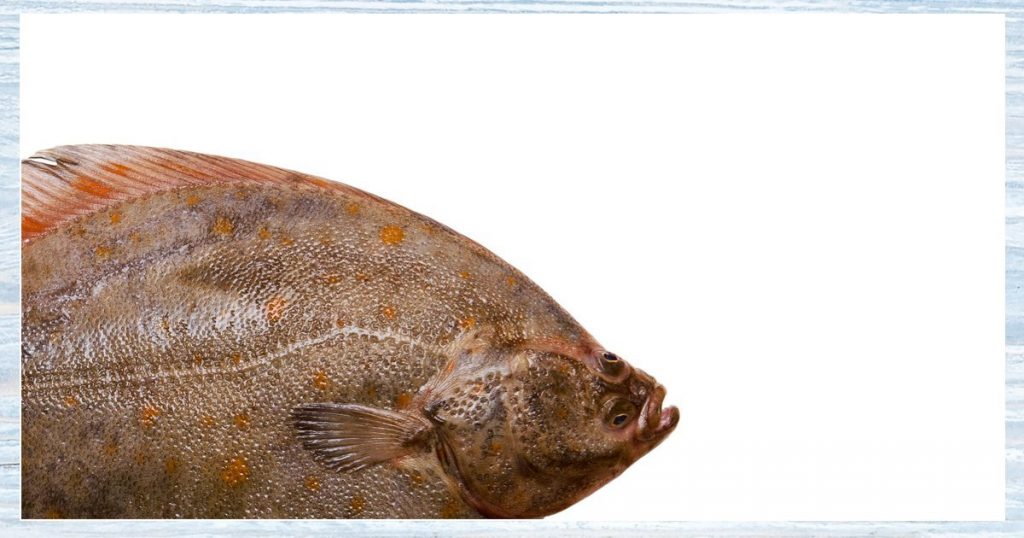
Last updated: 10 May, 2025 @ 12:11
Our hometown of Poole used to also be home to some fantastic flounders, also known as flukes. Indeed, our old fishmonger told us a story of how when he was a boy he’d crawl onto the exposed mud flats at low tide, find a particular narrow channel and creep slowly towards the flounders. On finding one, he’d literally flip the fish up and into the air and watch it fall into the waiting bucket held by his younger brother.
Sadly, flounders are no longer found in any great number in Poole.
The local angling forums are rife with speculation as to the reason why. Some suggest overfishing, others, illegal fishing and destruction of the flounder’s habitat.
For now it seems the famous Poole flounders have gone and unless something changes, they won’t be back for a while.
Finding flounders
Flatfish can be difficult to identify. One of the ways to be sure you’ve got a flounder in front of you is to run your fingers down the dorsal fins to feel spiny lumps.
Whether your fishmonger is going to be happy with you doing that is another matter.
Flounder is a massively underrated fish – so much so, we’ve written a blog post asking the question as to why founder isn’t more popular.
As a result of not being too popular there isn’t an abundance of flounder recipes out there.
Rick Stein’s Seafood does have an interesting recipe using fillets for deep-fried flounder with spring onion and chilli seasoning. You can get your hands on a copy of Rick Stein’s Seafood at Amazon.
Our other favourite recipes for flounder include:
- This simple recipe for Baked flounder with lemon and butter
- And this recipe from Fish At Home for Honey sesame flounder
Flounder is also great for making fish stock.
Seasonality
Avoid buying flounder between late winter and early spring (Feb-May for North Sea flounders).
Sustainability
Read more on the latest Marine Conservation Society Good Fish Guide ratings.